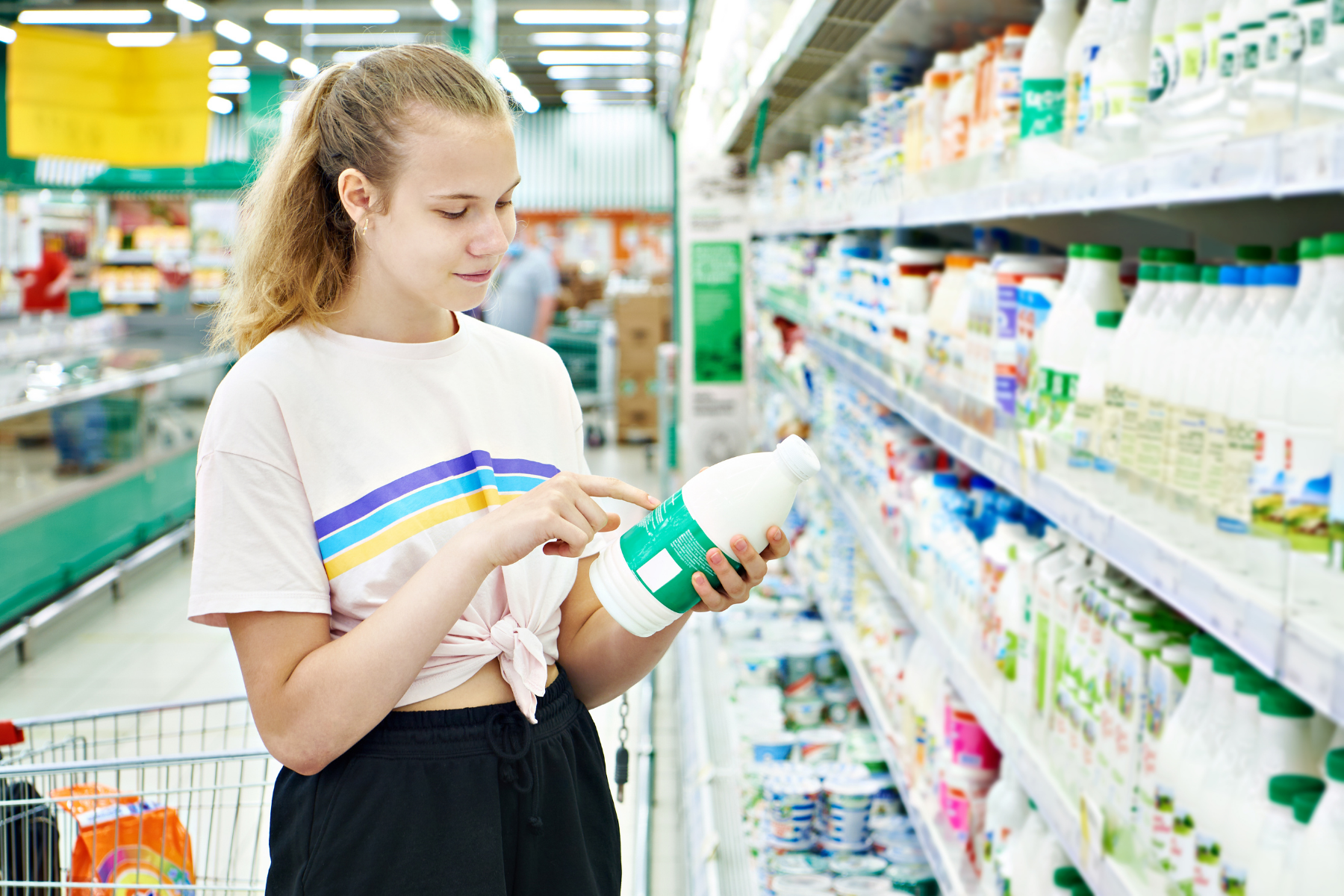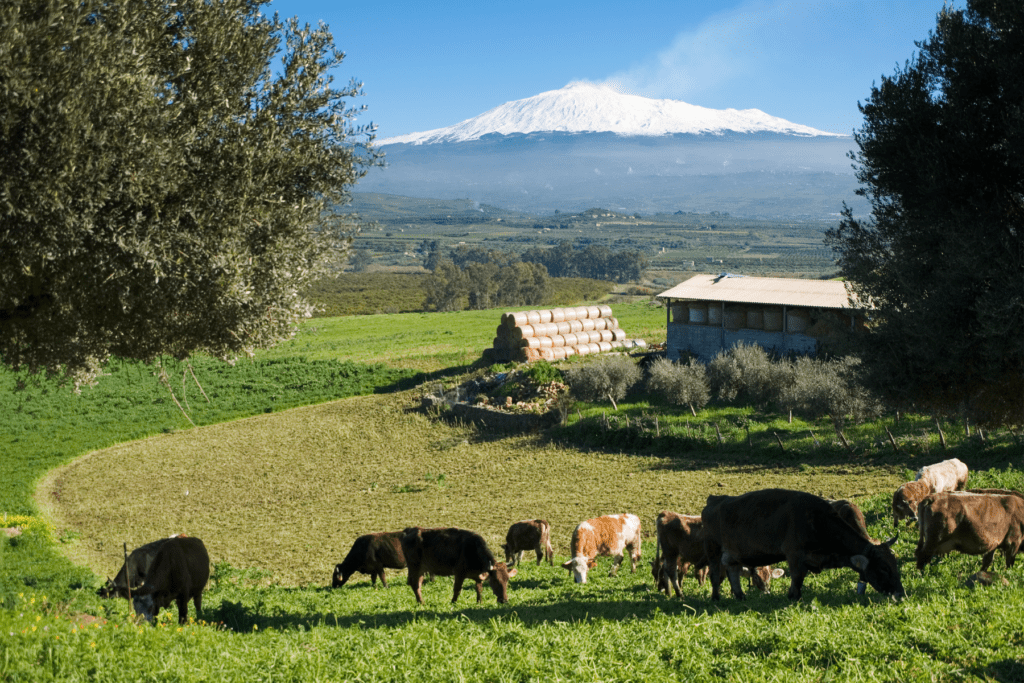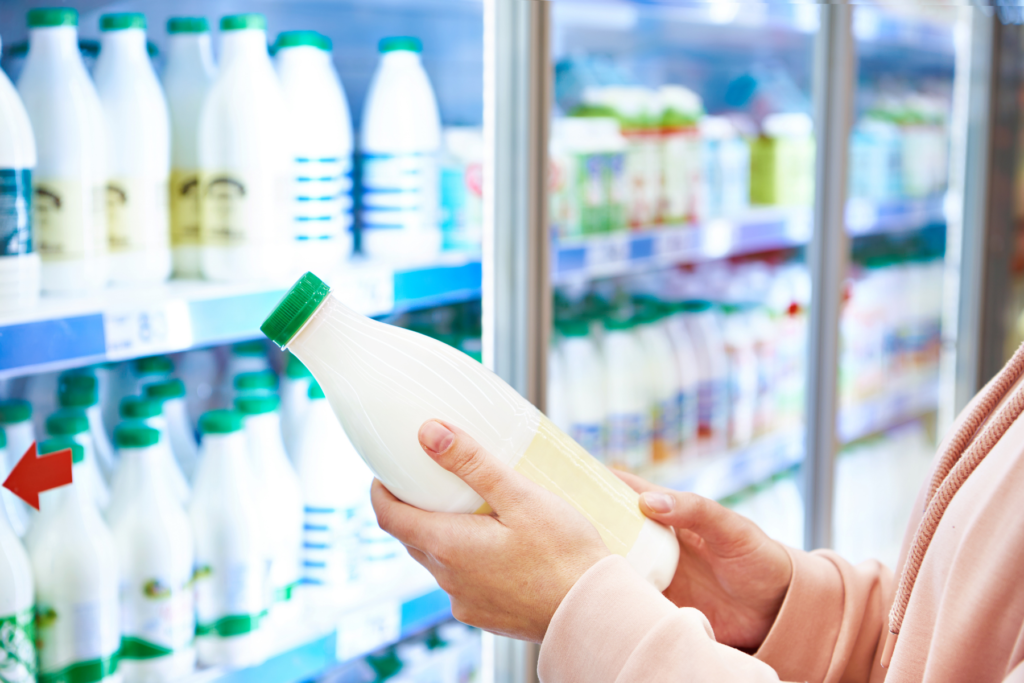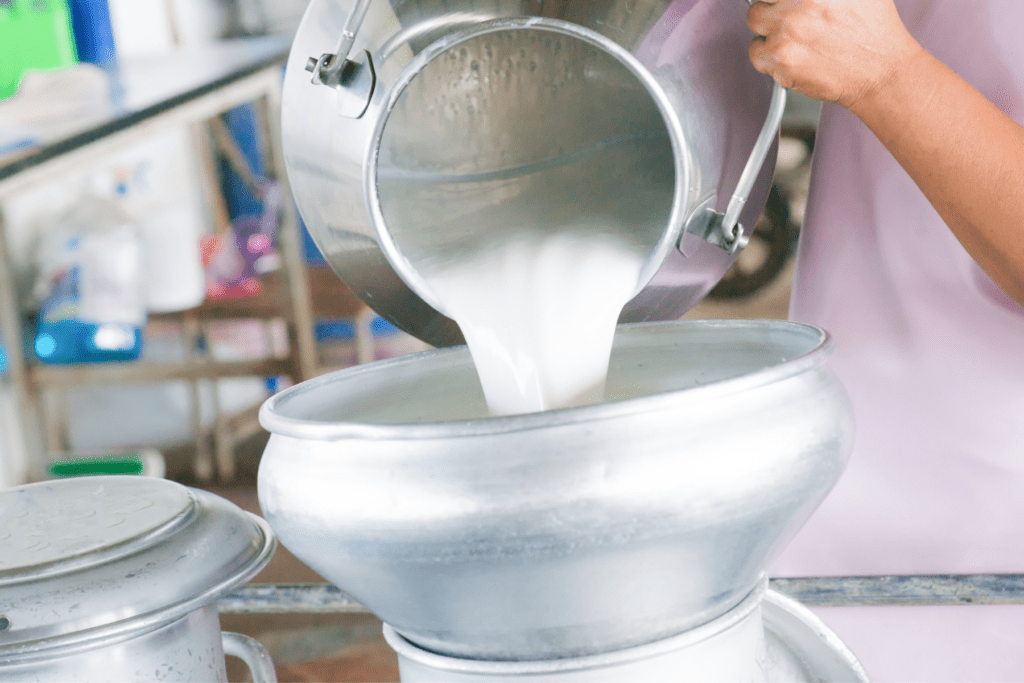These are not normal times. The simple things we’ve been doing all our lives, we can’t do anymore. We can’t hug our friends, shake hands or enjoy each other’s company because of a silent enemy called COVID-19. This virus has changed how we live and think around the world.
At times of crisis people turn to things they really need and rely on every day. The everyday essentials. As more and more people are spending time at home due to very necessary state sanctioned lockdowns or self-imposed social isolation in an effort to stop the spread of COVID-19, it is not surprising that the very basic need for food is a top priority in many people’s minds.
Billions of people around the world rely on dairy for nutrition day to day. It is not hard to understand why, considering dairy products are nutrient dense foods, supplying significant amounts of energy, protein and micronutrients, including calcium, magnesium, selenium, riboflavin, and vitamins B5 and B12.
Dairy is a staple food which has a tradition that is deeply woven into societies all around the world. As well as providing first class nutrition, dairy provides jobs and therefore economic security for many families.
What the world needs to know is that our dairy farmers and dairy processors as well as everyone else involved in the dairy supply chain are working tirelessly to ensure there are enough nutritious dairy foods for people to eat even in these very difficult times.
The logistical challenges the dairy sector is facing in order to produce, collect, process, package and deliver dairy products so that consumers can buy them in the current set of circumstances should not be underestimated. It is tough and everyone is doing their very best.
Governments know that good nutrition is an essential part of the effort to keep consumers healthy and fed long term. People around the world rely on dairy every day so it’s important that Governments do all they can to help maintain the integrity of the dairy supply chain. It’s tremendously important that all Governments recognise that dairy workers – from farmers to the drivers collecting milk, to those working to process and pack products, to those delivering food to points of purchase, are doing an essential job and should be given key worker status – not just in one or two or a few countries, but in all countries.
Finally, to my friends and colleagues working hard to keep dairy moving: our consumers are relying on us. I believe they can rely on dairy – we can get through this together.











